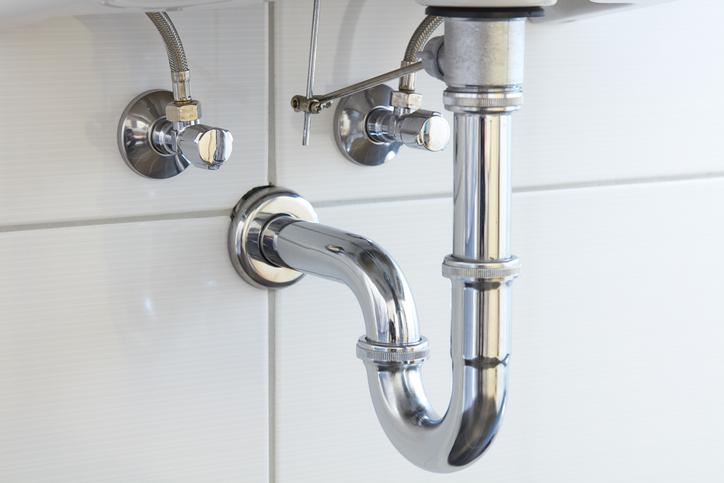
Introduction to Home Plumbing Systems
How Does House Plumbing Work?
Home plumbing consists of two main systems: the water supply system and the drainage system. The water supply system brings clean water into the home under pressure, while the drainage system removes wastewater using gravity.
Importance of Maintaining a Functional Plumbing System
Improving Home Comfort
A well-maintained plumbing system ensures consistent access to clean water and efficient wastewater removal. It also contributes to optimal indoor air quality by preventing sewer gases from entering living spaces.
Homeowner Safety
Properly functioning plumbing prevents water contamination, structural damage, slip hazards, and electrical risks. Regular maintenance is key to ensuring these safety benefits.
Core Components of Residential Plumbing
Water Supply System
Water enters homes from municipal supplies or private wells. The system includes a water meter, main shut-off valve, and a network of pipes distributing water to fixtures and appliances.
Drainage System and Wastewater Removal
The Drain-Waste-Vent (DWV) system removes wastewater and prevents sewer gases from entering homes. It consists of drain pipes, waste pipes, and vent pipes, operating primarily through gravity.
Hot and Cold Water Distribution
Cold water is distributed directly from the main line, while hot water is heated in a water heater before distribution. Proper insulation and temperature regulation are crucial for efficiency and safety.
Common Plumbing Issues and Maintenance
The Lifespan and Failure of Plumbing Components
Understanding the typical lifespan of plumbing components helps homeowners plan for replacements. Factors like hard water, improper disposal, and age contribute to common issues such as clogs and leaks.
Connectivity of Home Drains
Home drainage systems are interconnected, with individual fixtures connecting to branch lines, which feed into the main drain and sewer line. Clean-out points provide access for maintenance and blockage removal.
Enhancing Your Home's Plumbing System
Plumbing Upgrades and Improvements
PEX piping offers advantages like flexibility, durability, and cost-effectiveness. Professional plumbing services are recommended for persistent leaks, low water pressure, sewer line issues, and major remodeling projects.
Professional Drain Services & Plumbing Services
For expert plumbing services, contact Benjamin Franklin Plumbing. Visit our locations page or call (800) 259-7705 for assistance with maintenance, repairs, and upgrades.
Frequently Asked Questions (FAQs) About Plumbing
1. What is the most common plumbing item to fail in a residential home?
The water heater is typically the most frequent failure point in residential plumbing. Common issues include leaks and sediment buildup, with repair costs ranging from $100 to $1,700. Other frequent problems include clogged drains, malfunctioning garbage disposals, and leaky faucets.
2. How do people drain a home's plumbing system?
- Shut off the main water supply
- Open all faucets, starting from the highest point
- Allow gravity to drain water
- Flush toilets to empty tanks
- Use an air compressor if needed for stubborn areas
- Perform a final check of all fixtures
3. What role does the main water shut-off valve play in plumbing?
The main water shut-off valve is crucial for:
- Emergency response to stop water flow during leaks
- Facilitating plumbing maintenance and repairs
- Protecting the home during extended absences
- Safeguarding the plumbing system from potential damage
Knowing its location is essential for quick action in emergencies.
